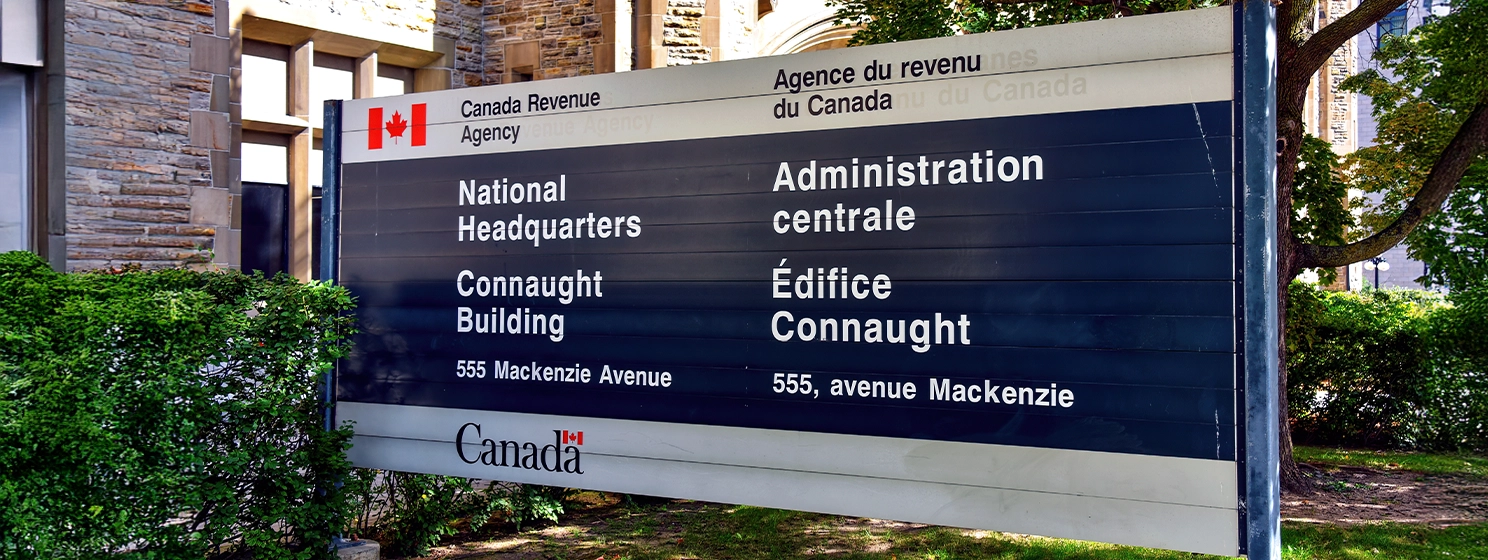|
Getting your Trinity Audio player ready...
|
Anyone watching developments in the digital currency industry will likely already be aware that the Office of Foreign Asset Control (OFAC) recently added Tornado Cash and associated wallets to the SDN list.
The reaction, which consisted of a combination of yelling about how unfair it is with appeals to rights such as financial privacy, laid bare the myth of decentralization championed by leaders in the crypto currency industry.
A quick recap on what happened with Tornado Cash
On August 8, the U.S. OFAC sanctioned Tornado Cash, an Ethereum-based coin mixer. It added it and associated wallets to the SDN list.
OFAC claimed that Tornado Cash had been used by The Lazarus Group, a North Korean state-sponsored hacking group, to launder hundreds of millions in stolen digital currencies. It stated that the Treasury Department would “continue to aggressively pursue actions against mixers that launder virtual currency for criminals and those who assist them.”
Almost immediately after the sanctions came down, centralized services like Uniswap and Metamask, which facilitate interaction with the Ethereum blockchain, blocked access to Tornado Cash contracts and wallets listed on the SDN list. The Tornado Cash DAO also folded, stating that it “could not fight the U.S. government.”
On August 10, Dutch authorities arrested a 29-year-old man Alexey Pertsev in Amsterdam for his alleged involvement in concealing criminal financial flows and facilitating money laundering through mixing digital currencies. Pertsev is understood to be one of the main Tornado Cash developers and has since been allegedly linked to the Russian secret service (FSB).
If it’s all so decentralized, why the immediate compliance?
In a mostly well-written blog post, the Lawfare Blog correctly pointed out that OFAC’s actions and the subsequent reaction showed just how centralized the Ethereum blockchain/ecosystem is and how ridiculous claims of decentralization capable of subverting real-world law are.
In the blog, the author makes the following points:
1. Unlike many other regulators, OFAC is not buying into the idea that ‘crypto’ is too big to handle. It has just publicly spanked one of the most nefarious elements in the industry, showing that it isn’t afraid to go after anyone.
2. OFAC is primarily interested in national security, a grave matter. These actions have far-reaching consequences for miners, blockchain bridges, and other parties.
3. OFAC’s actions and the subsequent complete and total submission by all involved players show that Ethereum’s decentralization is a myth. The post notes that while some blockchains may be theoretically ‘decentralized,’ they require centralized services run by companies like Infura so that most people can interact with them. These companies are legal entities run by real human beings and will always be subject to the law.
4. Centralized exchanges now consider flows from Tornado Cash smart contracts to be dirty and risk facing sanctions themselves if they interact with said addresses. As they are regulated business entities, most will no longer accept coins that have interacted with Tornado Cash, effectively neutering the service by making it all but impossible to cash out laundered funds.
5. Lots of wallets, including those named by OFAC and those that received ‘tainted’ coins from an unknown party, were blocked by so-called decentralized services, showing that they are not decentralized at all.
The author goes on to warn that miners and blockchain bridges could be next on OFAC’s list and need to be careful what wallets and smart contracts they interact with. They also mistakenly label miners money transmitters, but we’ll deal with that particular mistake later.
Vitalik Buterin throws a hissy fit
His rainbow shawl twitched violently as he considered the implications of the validators ignoring his commands. Until today his voice had been the law that controlled the code. ‘Witches’ he screeched, his voice breaking high with the effort. ‘Burn their stakes! All of them!!!’… https://t.co/Jf0WpuWh8R pic.twitter.com/2n4WbwPzAd
— Brendan Lee (@Brendan_Lee__) August 22, 2022
Buterin is renowned for holding dictatorial and sometimes disturbing views (see his comments on possession of child pornography and the use of synthetic wombs, for example). On this occasion, the Ethereum inventor is said to have thrown a fit at the notion validators would comply with OFAC sanctions, demanding that they have their stakes burned via social consensus should they do so.
This shows that the move to proof-of-stake (the Merge) is mostly a power play by the Ethereum Foundation to consolidate the type of control Buterin desires. Since the foundation has so many pre-mined ETH tokens, nobody will be able to challenge its absolute dominion over the Ethereum blockchain once the switch to proof-of-stake is complete. It also shows the disdain Buterin himself has for the law. The idea that he has a problem with laws that aim to stop the North Korean government and a gang of human traffickers from operating with impunity speaks volumes about his character and the sort of world he wants to create.
Analysis: Miners are not money transmitters, and decentralization means set in stone
While the Lawfare blog did a great job of outlining how ridiculous the myth of decentralization is and how the law can easily send the rats scuttling down the nearest drainpipe when authorities decide to flex, the author made a couple of errors and incorrect assumptions, which I feel the need to correct in closing.
First, decentralization is not what they believe it to be. Having thousands of distributed nodes is not what Satoshi Nakamoto meant when he originally used the word decentralized. One must not forget that he described Bitcoin as “completely decentralized” when he released it long before thousands of such so-called nodes existed. Decentralization actually means that no centralized team of developers can change the rules of the protocol, allowing anyone who desires to build on it without worrying that a would-be dictator like Buterin will demand protocol changes later.
Second, miners are not money transmitters, as the author claims. We can look at public comments by FinCEN as far back as 2014 to determine this. In case there remains any doubt, we can look to the actual laws which deal with the matter, which state that parties that “provide the delivery, communication, or network access services used by a money transmitter to support money transmission services” are exempt. Furthermore, the regulations exempt any party that “acts as a payment processor to facilitate the purchase of, or payment of a bill for, a good or service through a clearance and settlement system by agreement with the creditor or seller.” According to Bitcoin’s inventor, Dr. Craig Wright, the miners are the clearance system.
Summary: It’s all a big joke, but it’s not very funny
While the parties involved in using Tornado Cash are no joke, the idea of ‘crypto’ as some monolithic, decentralized entity beyond the reproach of even the most powerful governments is being exposed for what it is: a complete joke, although not a very funny one.
As Dr. Wright and others pointed out long ago, almost all entities involved in this industry, whether legally registered businesses or individual developers, must abide by the relevant laws, and they have fiduciary duties and legal responsibilities.
As the Tornado Cash situation demonstrates, while decentralization may theoretically exist, it is rendered effectively null and void by the centralized services these blockchains depend on. When only a few advanced developers can interact with the Tornado Cash contracts and can only do so at the risk of ending up in prison while not being able to cash out any laundered funds, does it really still exist in any meaningful sense? The answer is no; it is effectively dead.
Expect to see more actions like this as regulators across the globe turn up the heat in their fight to tame the industry. As the myth of decentralization is exposed for the lie it is, we should finally see the rise of utility blockchains like BSV and all of the amazing innovations it enables.
Follow CoinGeek’s Crypto Crime Cartel series, which delves into the stream of groups from BitMEX to Binance, Bitcoin.com, Blockstream, ShapeShift, Coinbase, Ripple,
Ethereum, FTX and Tether—who have co-opted the digital asset revolution and turned the industry into a minefield for naïve (and even experienced) players in the market.

 12-15-2025
12-15-2025 





